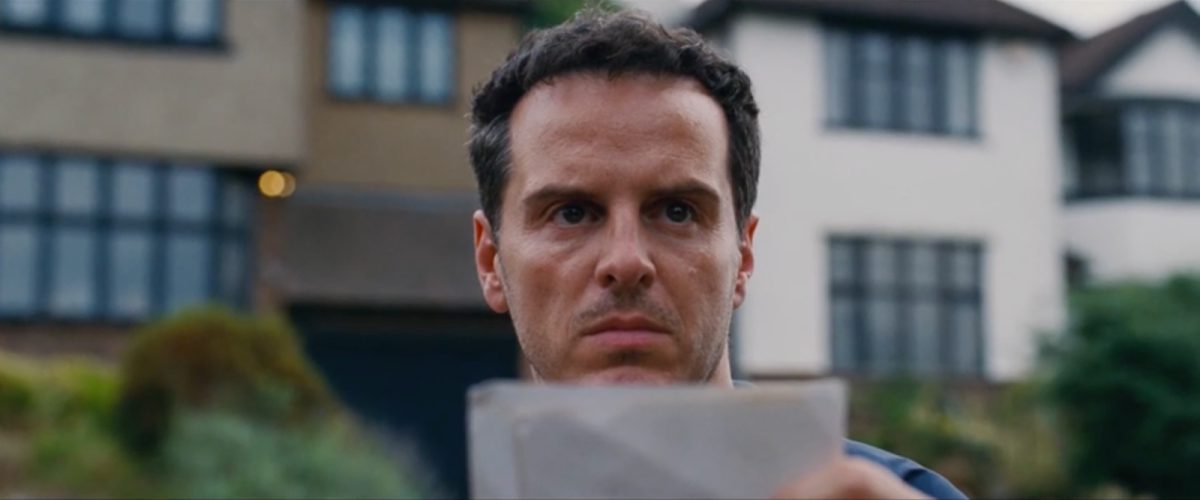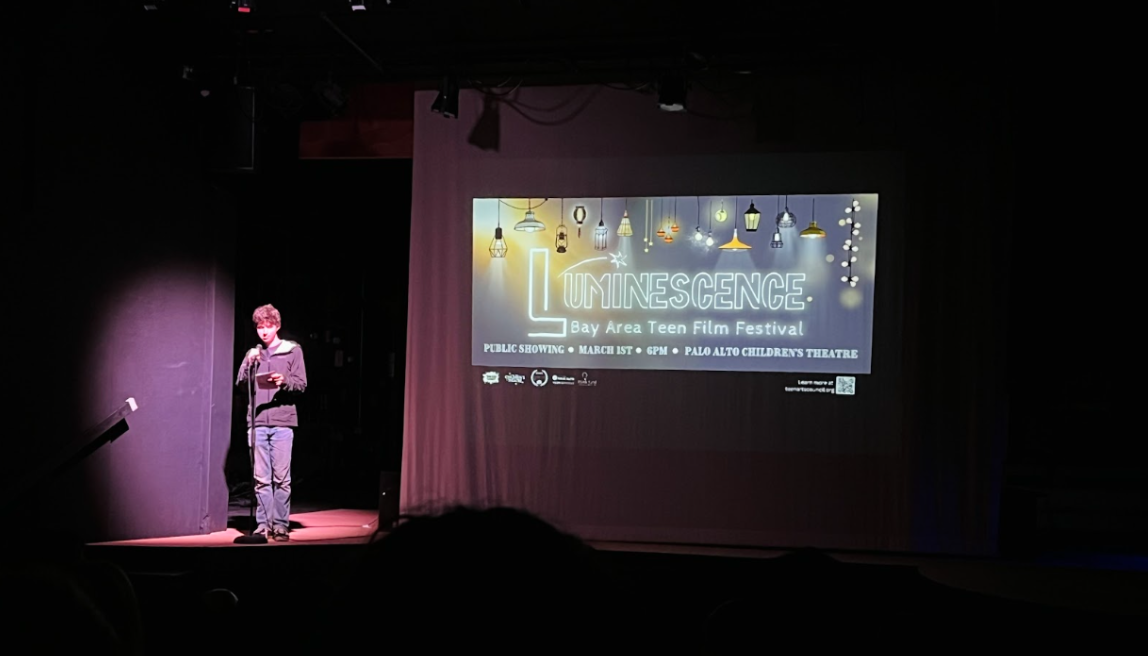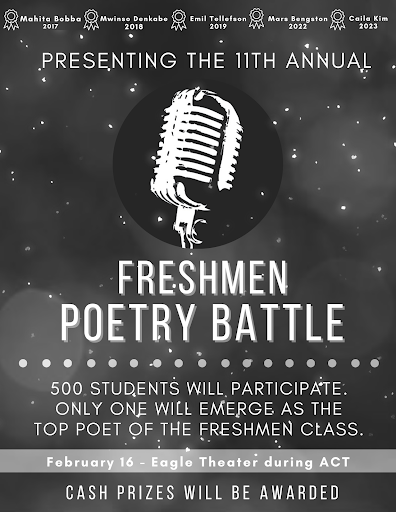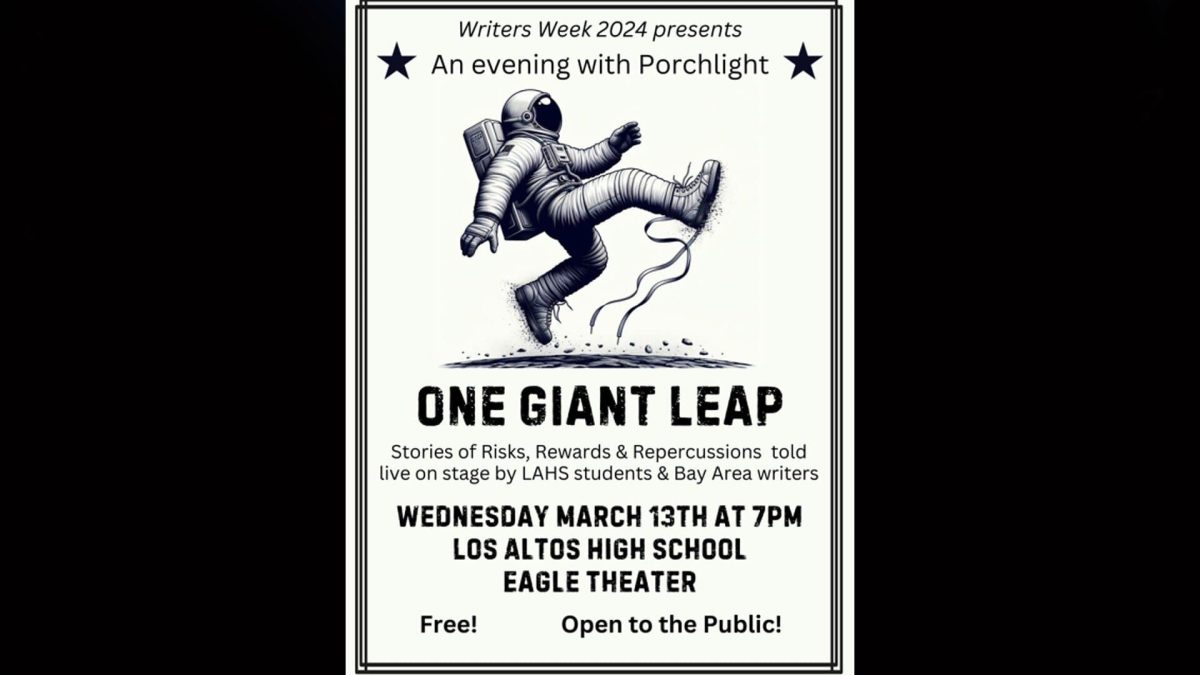Writers struggle. From professional writers to journalists to the student trying to find the right words for an essay, struggle exists for writers of all levels and types. Sometimes they can have an idea that seems great. Something that would be appealing as a three-layered cake–but they just can’t find the right words to convey their message. At other times, they try to develop their ideas, but end up lost in another pile of words and other ideas that detract them from their original purpose. Authors, screenwriters and movie directors have to grapple with the same issue.
Directors Brian Klugman and Lee Sternthal had the perfect triple-layered masterpiece in mind: a story that gave light to the struggle that all writers go through of not being able to find the right words, and the consequences of following through with the option of plagiarism. But in their creation of “The Words,” their masterpiece was subject to the very same perils of the struggle they were trying to portray. Klugman and Sternthal’s triple-(story)-layered idea was ready to be fully-developed, but was lost to the words and ideas of mainstream love tragedies, turning their words into an off-topic, overdeveloped cliché.
The film starts off with distinguished author Clay Hammond (Dennis Quaid) reading excerpts from his new book, (conveniently called) “The Words.” Reading an excerpt from his book, Clay takes us into the life of Rory Jansen (Bradley Cooper), a young writer struggling to get his voice heard. But time after time, Rory is met with frustration and refusal from publishing companies, and the troubling doubt of whether he is actually capable of being a good writer constantly looms over his head. In the midst of his struggle, Rory discovers an old manuscript hidden in a satchel his wife (Zoe Saldana) bought him on their honeymoon in Paris.
Rory types this story, verbatim, on his laptop one night – just to get a feel of what it’s like to have the words flow from his fingers. But when his wife discovers this “masterpiece,” which she assumes is Rory’s own work, Rory is pushed into getting the story published. Before the guilt of his plagiarism can sink in, Rory becomes the new Ernest Hemingway of his time who writes a poignant book from the perspective of a young American soldier who falls in love with a young Frenchwoman after D-Day. Fame and success surround him as people take in the book’s raw emotions, and Rory finally feels as if he has become the person he’s always dreamed of becoming.
But when an old man (Jeremy Irons) comes into the story, things take a turn; Rory is confronted by “the Old Man,” the author of the manuscript that Rory found, and the true author of the hit story published under Rory’s name. With his guilty conscience coming to meet him in reality, Rory is taken to the point where he has to rethink the consequences of his famed success, and whether the happiness he created for himself and those around him should be destroyed by his moral conscience.
While Rory’s torn between his success and what’s right, it seems that Klugman and Sternthal were also torn between doing a cliché lovers-in-Paris movie and developing Rory and Clay’s lives and writing careers. Surely, one would expect a movie with so many levels about the struggles of a writer to be completely developed, right? Not according to Klugman and Sternthal. They decided that their movie needed to take a romantic getaway and run off to be lovers-in-Paris.
Now, this isn’t to say that the description of the post D-Day life that inspired the Old Man to write his book isn’t developed well. The Old Man’s recollection of events is draped in nostalgic, sepia tones that takes the audience through the romance and cultural barriers of the time. To top it off, the tragedy, sorrow and the Old Man’s frantic need to pour his soul onto paper comes alive, evokes much sympathy and deeply moves viewers. In fact, the life of the Old Man is so thoroughly developed and creates such a poignant connection with viewers that it is strong enough to stand on its own.
But while Klugman and Sternthal plan to make a scrumptious triple-(story)-layered cake of a movie with Clay Hammond, Rory Jansen and “the Old Man”, their creation is left unfinished with many holes. Whatever happened to Rory Jansen? To Clay Hammond? Why doesn’t Rory, after imploring the Old Man for solutions to his plagiarism, ever ask the Old Man what his name is? Why is only a little background given on Clay Hammond’s life as a writer? With these many unanswered questions, the overdeveloped plot of the Old Man’s life is almost like exquisitely- crafted icing on a layered cake that’s not even fully baked.
With this three-layered-story model, “The Words” had the potential to bring about words like “phenomenal,” “well-crafted,” “thought-provoking” and “emotionally-charged.” But instead, the words that were brought about were “imbalanced and off-topic with an overdeveloped cliché.” Klugman and Sternthal seemed to get lost in the original words of their original idea, and seemed to face a problem similar to that belonging to Rory Jansen: They just wanted their voices and their ideas to be heard in the crowd of the movie industry and viewers alike. But in the process of developing something that could have been great, there was a struggle—a struggle to keep their voice and their words heard, and a struggle to fall in line with the voice and words of the mainstream, yet hackneyed, Parisian love tragedy. In the end, Klugman, Sternthal and Rory Jansen all should have done the same thing: stuck to their own ideas and their own words.
‘The Words’ Gets Lost In Its Own Words
September 25, 2012
Story continues below advertisement
Leave a Comment
More to Discover
The Talon • © 2024 The Talon. All Rights Reserved. • Advertise • FLEX Pro WordPress Theme by SNO • Log in








